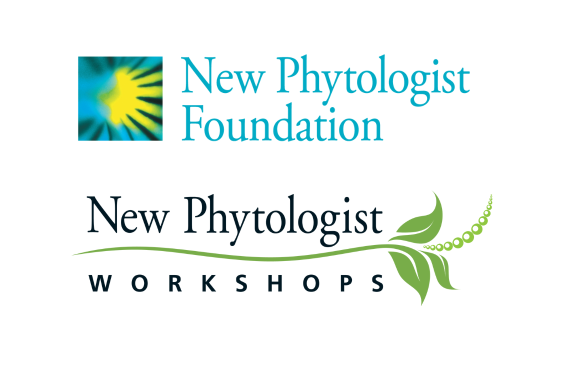Goal
To provide an objective assessment of the feasibility of using proteomics in conjunction with Fluorescence Activated Cell Sorting (FACS) to isolate single cell types, organelles, and vesicles. We aim to provide guidelines on the identifiable proteome coverage that can be achieved from various amounts of sorted cellular material. The depth of proteome coverage will be assessed by comparison with transcriptomic profiles of the specific cell types.
Rational and scope
By definition, a multicellular organism consists of numerous cell types, each of which may be specialised to specific roles or exist at various developmental stages and may respond autonomously to perceived signals. A long-term ambition is to understand the function and integration of different cell types within the organism. However, challenges in isolating specific cell types often limit the application of multiple omics technologies on single cell populations. Fluorescence-Activated Cell Sorting (FACS) is a powerful tool for isolating subpopulations of cells that have been marked with fluorescent proteins. The specificity of the resultant data, from transcriptomic analysis, allows fine modeling of gene expression networks and determination of the precise cellular context of gene functions (reviewed by Carter et al., 2013). The question we seek to answer during this workshop is, ‘has the time arrived for proteomic analysis of single cell types and organelles from plants?’.
The system used in the workshop will be plant roots, which provide an excellent model system for analysing defined cell types. Arabidopsis thaliana roots have well-characterised developmental zones and there are a wide range of available fluorescently-tagged cell type-specific reporter lines. The organising committee offers a strong combination of skills and experience, covering cell specific transcriptional responses, chromatin profiling and remodelling, proteomics, organelle visualisation and plant development. The meeting is intended to be small to facilitate exchange of practical experience. The small meeting size will also enable shared analysis and discussion of the feasibility of applying FACS to proteomic and co-immunoprecipitation analysis of single cell types.
The University of Warwick has just purchased a state-of-the-art mass spectrometer (an Orbitrap Fusion, ThermoScientific) an instrument that significantly increases proteome coverage (Herbert et al., 2014). We would like to host the proposed focus meeting as soon as practicably possible at Warwick’s refurbished MS facility to disseminate the benefit from these new enabling technologies to the plant community.
Organising committee:
University of Warwick: Dr Alex Jones, Dr Miriam Gifford, Dr Patrick Schäfer, Dr Vardis Ntoukakis, Dr Lorenzo Frigerio, and Dr Charis Cook (GARNet Liaison and Communication Officer)
University of Exeter: Dr Imogen Sparkes
References
Carter A, Hulsmans J, Bonyadi R, Gifford ML. 2013 The use of Fluorescence Activated Cell Sorting in studying plant development and environmental responses. International Journal of Developmental Biology 57: 545–552.
Hebert AS, Richards AL, Bailey DJ, Ulbrich A, Coughlin EE, Westphall MS, Coon JJ. 2014. The one hour yeast proteome. Molecular & Cell Proteomics 13: 339–347.


